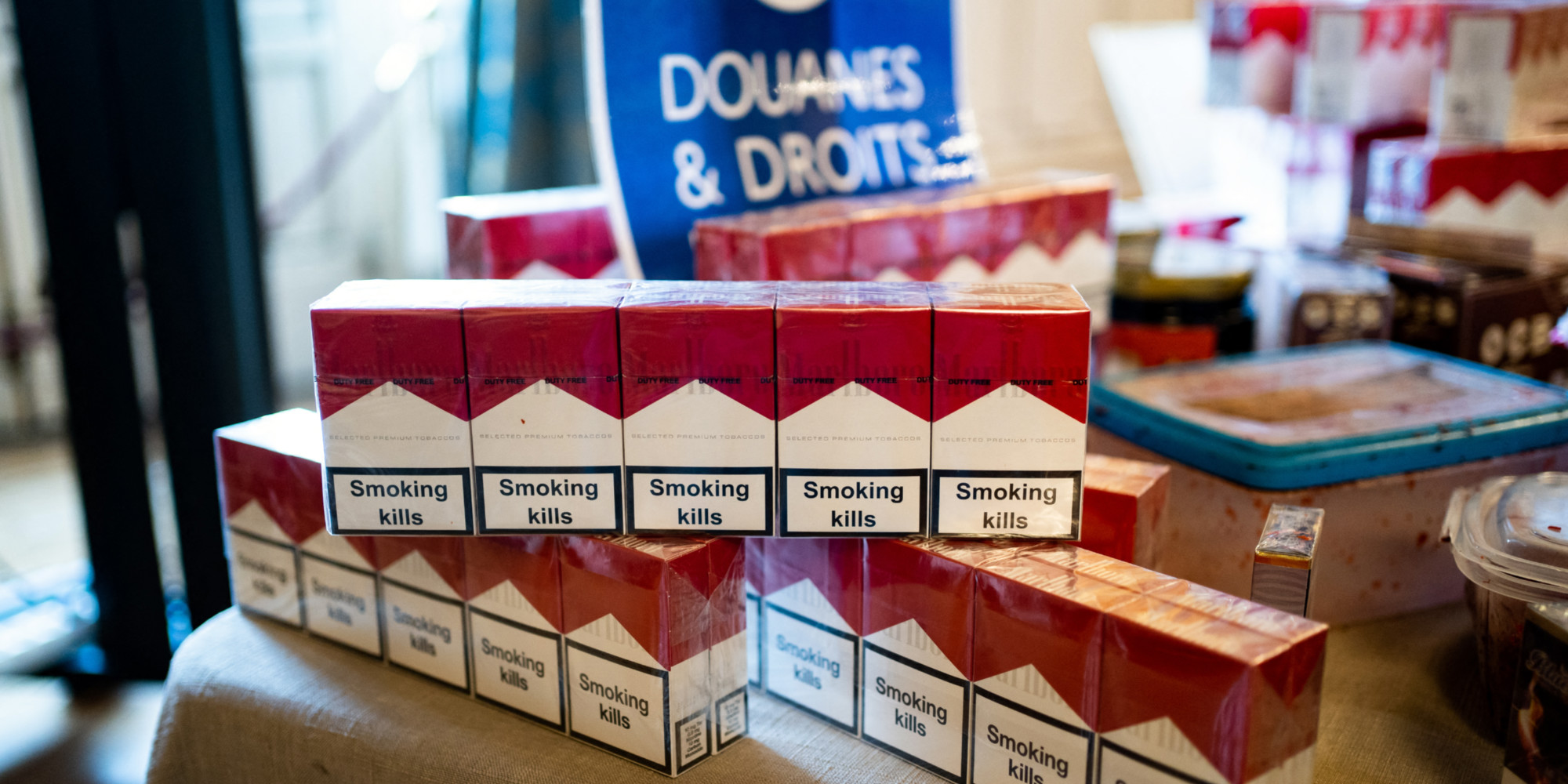William Molinié / Photo credit: NICOLAS LIPONNE / HANS LUCAS / HANS LUCAS VIA AFP 06:15, June 08, 2023
Since May 31, customs officers have carried out 300 control operations throughout the country as part of Operation "Colbert", named after the Comptroller General of Finance under Louis XIV. An operation to combat the importation of contraband tobacco whose France has become a hub.It is an operation presented as unprecedented by Bercy, intended to fight against the importation of contraband tobacco, whose France has become a hub. Baptized "Colbert", named after the Comptroller General of Finance under Louis XIV, father of modern customs, it has materialized by 300 control operations, conducted throughout the territory by customs officers since May 31.
Last year, customs officers seized nearly 650 tons of illegal tobacco. This represents an increase of nearly 60% in one year. According to a customs intelligence document obtained by Europe 1, the flows come mainly from Eastern Europe (Romania, Poland, Hungary). The counterfeit cigarettes then enter France through Italy and Switzerland in semi-trailers. Before being sold through a so-called "ant" traffic.
More than 100 tons seized
Some of them are then re-routed to the UK by ferry or road. And, a worrying phenomenon, the police are now observing the establishment of clandestine factories directly on French territory. The first was dismantled a year and a half ago in Seine-et-Marne. Five suspects, mainly Moldovans, were arrested. They were linked to a man known for his proximity to French organized crime who sees illegal tobacco as an important source of income for a low criminal risk, compared to drug trafficking.
>>
READ ALSO – Seizure of ten tons of contraband tobacco intended for the Lyon market
Criminal organizations rent warehouses in industrial zones and import loose tobacco from abroad. And then shape the packages and cartridges on site, details a specialized investigator. At the beginning of the year, near Rouen, the gendarmes discovered two clandestine production lines with casing mills. More than 100 tons of tobacco were seized worth €14 million.
The criminals had even fashioned a living area with a dormitory equipped with sleeping beds and a kitchen area that allowed them to live on site. A sign that this criminal activity often goes hand in hand with trafficking in human beings, used as labour to intensify production.

